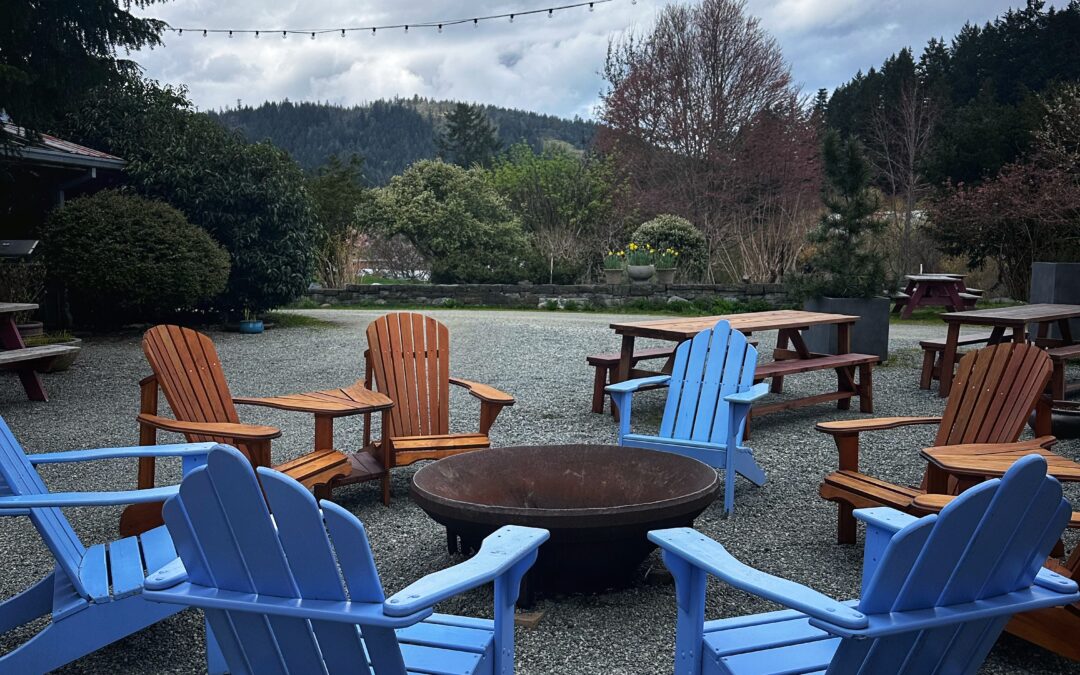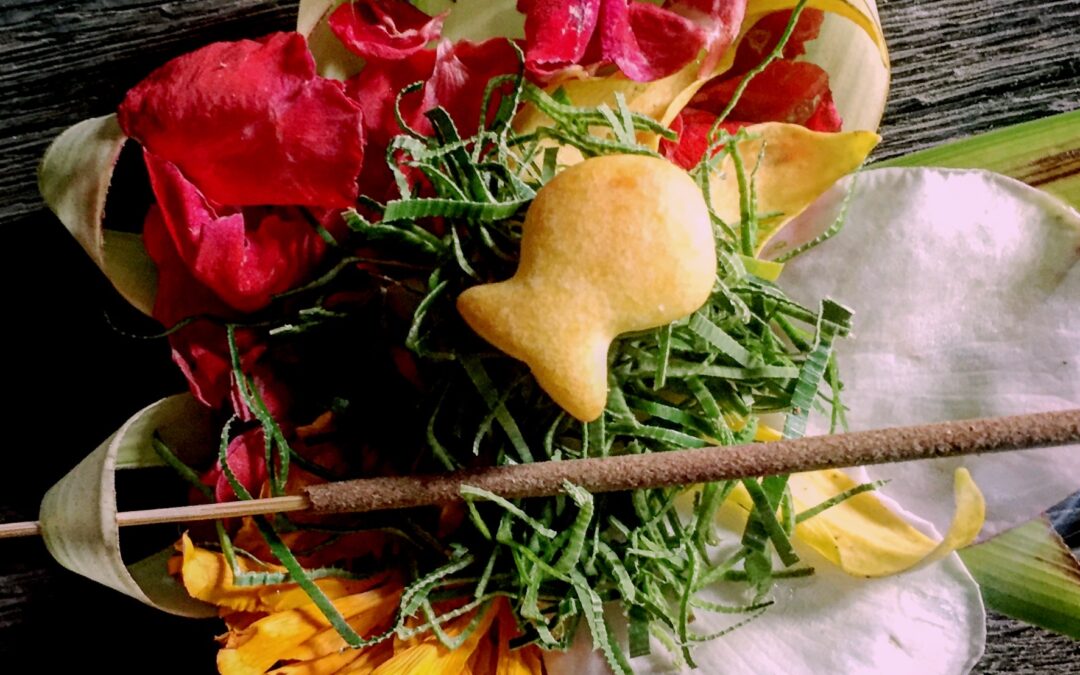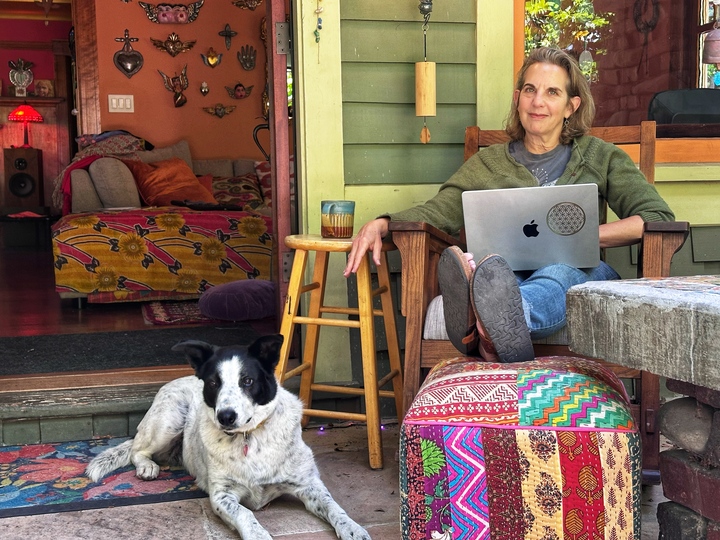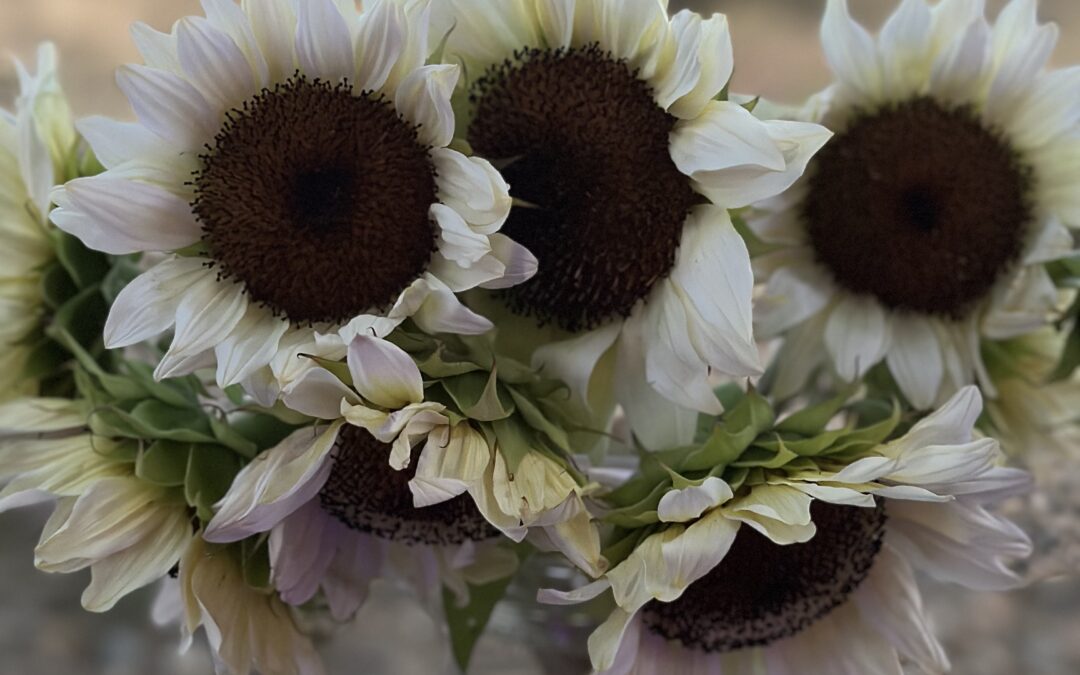
by Laurie Wagner | Jun 10, 2025 | Blog
Because my 88-year-old mother starts sentences with, “Now don’t you go telling your siblings what I’m about to say.” And because it’s mostly about things she’s forgotten, like a date with a friend that she didn’t write down and how they showed up at her door. She...

by 27 Powers Support | May 27, 2025 | Blog
Last week was the five year anniversary of the Wild Writing Family, the community of writers that I assembled during the early days of Covid, and which is still alive and well. Back in May of 2020 we entered the great spin, the whoosh away of everything we assumed...

by Laurie Wagner | May 12, 2025 | Blog
For a couple of years now I’ve been aware of something that I can only describe as a big bend in the road ahead for me. One of those wide, wide curves you might take in a train or a car in a vast landscape, the bend so wide that you can’t see around it, can’t see...

by Laurie Wagner | Mar 6, 2025 | Blog
Hi friends and fellow creatives, Like many of you, I’m trying to pace myself with the news and the state of the world. It’s a lot. I feel it in my body, in my family, in my friends. The collective anxiety is real. Lately, I’ve been thinking about how to stay engaged...

by Laurie Wagner | Feb 3, 2025 | Blog
Wake Up, Naomi! That’s the sign poet Naomi Shihab Nye sees above her desk every morning when she sits down to write. It’s a note written by her son when he was a boy, maybe as a reminder that he needed to wake his mother up from a nap, but a note she has kept all...

by Laurie Wagner | Sep 10, 2024 | Blog
A Few Things I Don’t Want to Forget The dream where both of my parents are asleep in the same bed. The floor is littered with balled up tissues because someone has a cold, and my father’s eyes are fluttering like he’s trying to open them after 15...







